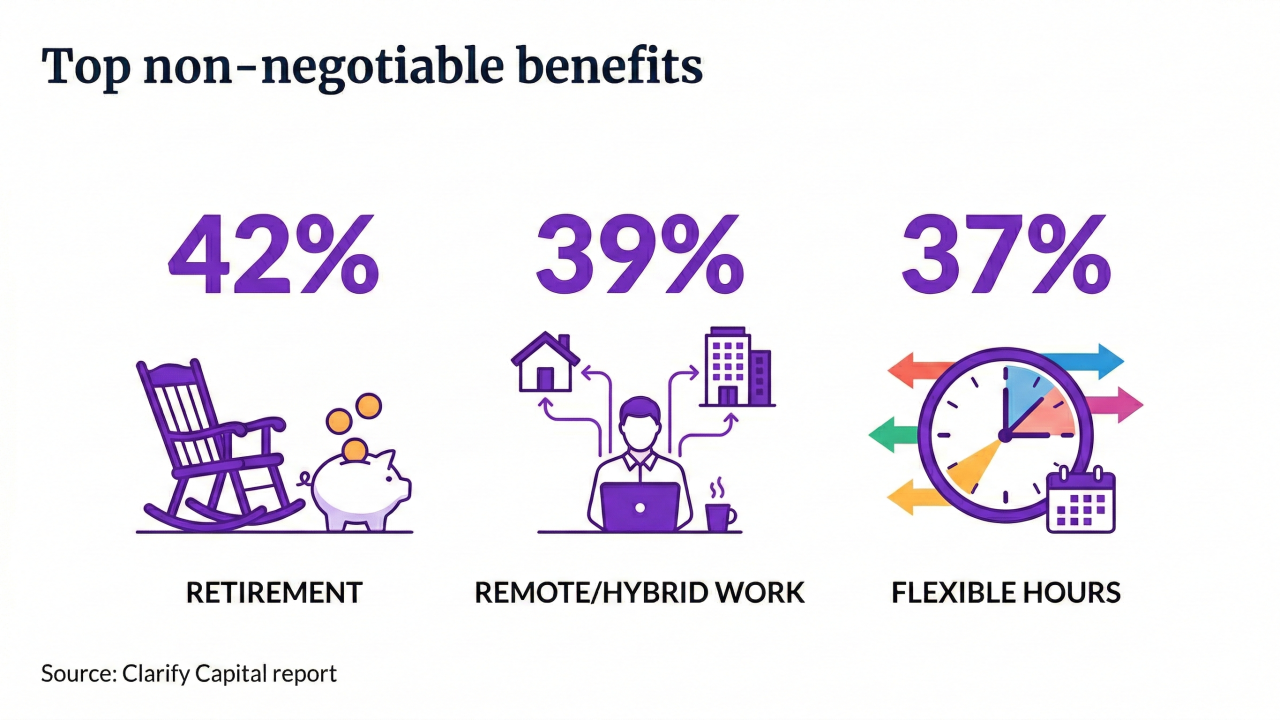A recent study showed that
With health insurance deductibles outpacing household income for the past 25 years,
Reason #1: It will soothe — not salt — the wound of higher health insurance costs.
If you’ve had to increase your health plan premiums or cost sharing in recent years, asking employees to spend more to
Reason #2: An employer contribution communicates value.
You put your employee benefit dollars in the best places to ensure your team gets as many protections and perks as possible. Employees pick up on this and watch what you’re willing to pay for as a sign of what’s valuable. Some may believe if you weren’t willing to pay for supplemental health benefits, why should they?
Reason #3: An employer contribution earns attention.
Many employees struggle to understand their health benefits and they often experience fatigue during open enrollment when they are presented with all their benefit options. Anything that includes an employer contribution signals company support and warrants more employee attention, which can significantly boost benefits literacy and engagement.
Read more:
Reason #4: An employer contribution boosts participation.
In addition to promoting value and garnering employee attention, putting employer dollars behind a supplemental health benefit will improve the plan’s affordability. Reduced premium costs for employees and their families will undoubtedly help encourage employees to elect even a base level of valuable supplemental coverage. And a higher level of participation means a workforce that is better protected.
Reason #5: A supplemental health plan will enhance your overall health benefit strategy.
A robust
A word of warning — if you subsidize a supplemental health plan and get great participation rates, the mood can quickly sour if your employees discover the plan doesn’t offer adequate coverage. Likewise, if they don’t have a good experience filing a claim, you may find your team looking for a job that offers benefits they can actually use.
Look for a modern supplemental health plan that covers your team’s financial exposure to medical bills, and one that actually makes it easy to file a claim and receive a benefit. If those elements are in place, you will have successfully shielded your team from the financial burdens that all too often follow unexpected health hardships.






